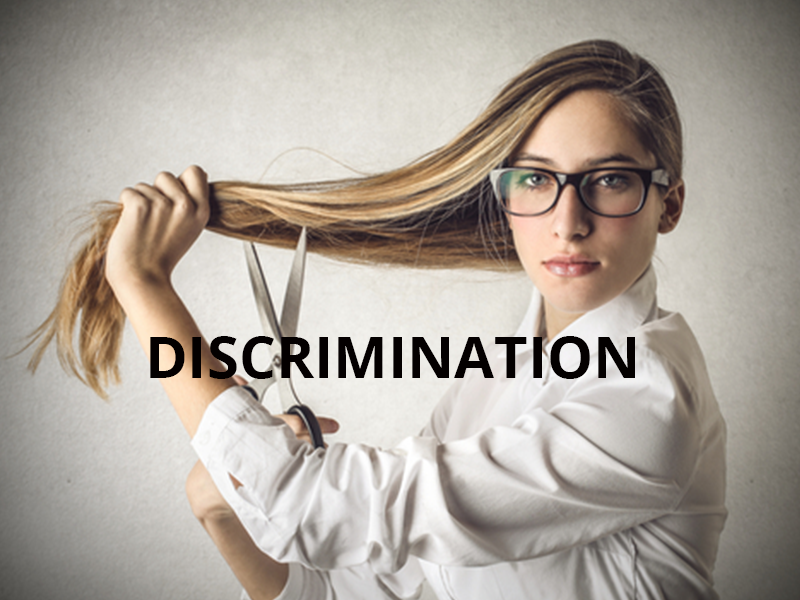DISCRIMINATION AT THE WORKPLACE
By: Together Abroad 07-10-2015

According to the UNESCO discrimination or harassment is defined as either intentional or unintentional behavior without reasonable justification, which consists of an unfavorable treatment of an individual or a group. We can distinguish many types of discrimination or harassment as well as several places at which they can occur. Harassment at work can have many faces; discrimination can happen on the basis of gender, cultural background, religion, or age. Recognising how discrimination is presented is vital for being able to create an equal and equitable workplace.
Gender discrimination in the workplace is still a part of our reality. It is a well known fact that women are often paid less for the same amount of work than men. Out of 142 countries The Netherlands are ranked on the 14th place in the Report on the Global Gender Gap of the World Economic Forum in 2014. This index intends to analyze the (un)equal treatment of both sexes in certain countries and thus makes comparable; the higher the rank, the less unequal treatment. According to the Central Bureau of Statistics, in The Netherlands this amounts to 18.6% difference between the average amount earned per hour by men, against women.
Another discrimination issue in the workplace is racism at work, with regards to types of employment discrimination. Obviously discrimination at the workplace is forbidden the Netherlands, however this does not mean that it never happens. According to the Legal Expat Desk it is not forbidden to treat two employees differently, even if they are more or less in the same position. This leaves space for discussion, as to where the line can be drawn between discrimination and legally justifiable behavior. If in the Netherlands an issue of racism at the workplace is brought to court, then the commission Gelijke Behandeling, equal treatment, is in charge of this very case.
A different reason for being discriminated at work can be age. The Netherlands have implemented the EU directive of 2000 with the topic of equal treatment in the form of the Equal Treatment in Employment (Age Discrimination) Act of 2004. This law prohibits favoring employees of a certain age group above others. However there are two exceptions; if one age group in a company is underrepresented it is allowed to favor employees of this specific age group. Secondly it is allowed to end an employee’s contract once he or she has reached the age of retirement.
Handling difference types of discrimination is not an easy task. More often than not, raising the issue is not enough. Instead, using the correct avenues and knowing both your rights, and the extent at which they can be pressed is far more advantageous. It is entirely possible that you have never witnessed discrimination in the workplace in a way in which you were directly involved. This does not necessarily mean that there is no discrimination with regard to sex, ethnical background or age at your workplace. Go through life with open eyes and have the courage to take action for a colleague who may suffer harassments.
By: Amadia Kilic